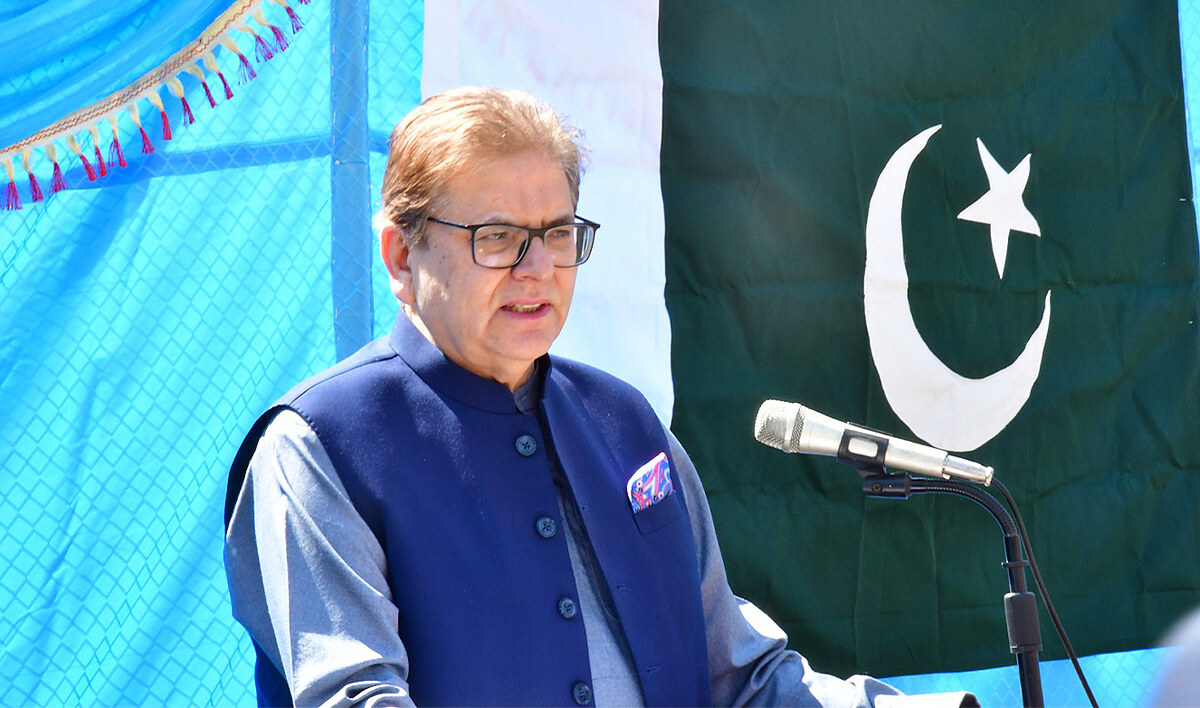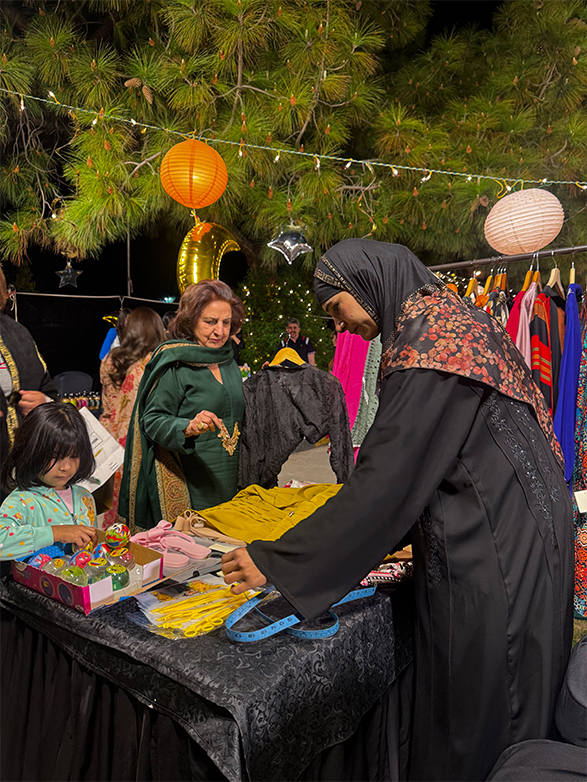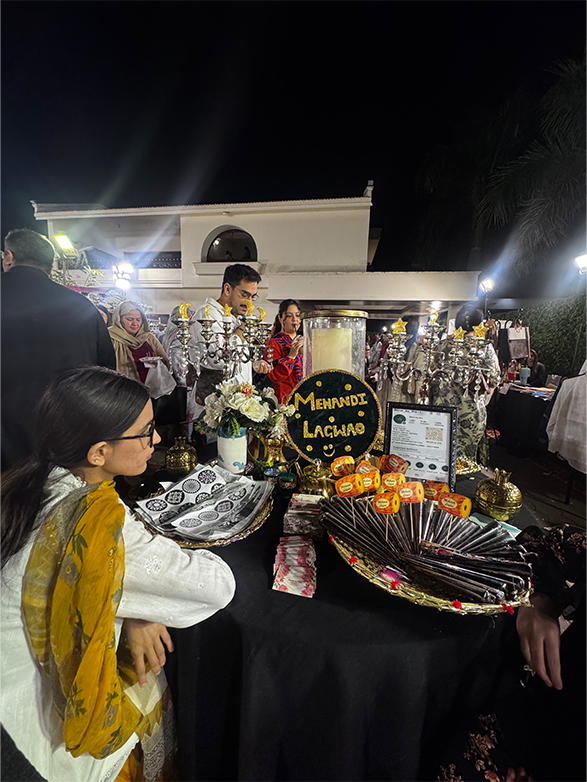ISLAMABAD: Hajji Saeed Khan Kochi was only two years old when he arrived in Pakistan more than four decades ago, fleeing the Soviet invasion of neighboring Afghanistan with his family.
For years, he remained undocumented but signed up for an Afghan Citizen Card (ACC) in 2017 when a documentation exercise for unregistered Afghan nationals was launched to give them temporary legal status in Pakistan. But earlier this month, Pakistan’s interior ministry asked all “illegal foreigners” and ACC holders to leave the country before Mar. 31, warning they would otherwise be deported from April 1.
The move is part of a larger repatriation drive of foreign citizens that began in 2023, with over 800,000 Afghans expelled from Pakistan since. The government initially said it was first focusing on expelling foreigners with no legal documentation and other categories would be included later.
More than 800,000 Afghans hold an ACC in Pakistan, according to UN data. Another roughly 1.3 million are formally registered with the Pakistan government and hold a separate Proof of Residence (PoR) card, launched in 2006 to grant legal recognition and protection to Afghan refugees. In total, Pakistan has hosted over 2.8 million Afghan refugees who crossed the border during 40 years of conflict in their homeland.
“I have lived in Pakistan for decades,” Kochi told Arab News last week in Islamabad. “My entire family, 56 members in all, has built a life here. Afghanistan may be my home country on paper but I have barely visited it a couple of times. I have no house, no land and no relatives there.”
Kochi, in his late forties, said he had built a mud house on the outskirts of Islamabad but moved his family to the northwestern Khyber Pakhtunkhwa province when authorities began cracking down on Afghan nationals last year.
“This mud house was built with immense effort, investment and countless joyous memories,” Kochi added, his voice quivering as he looked at the rubble of his home, which he has demolished.
“NO PLACE TO CALL MY OWN”
Last year, the government also announced that Afghan citizens residing in Islamabad would require No Objection Certificates (NOCs) to stay, citing allegations that many had participated in an anti-government protest led by jailed former Prime Minister Imran Khan’s opposition party, Pakistan Tehreek-e-Insaf (PTI), in November, which later turned violent.
Islamabad has in the past blamed militant attacks and crimes on Afghan citizens, who form the largest portion of migrants in the country. The government says militants, especially from the Pakistan Taliban (TTP), are using safe havens in Afghanistan and links with Afghans residing in Pakistan to launch cross-border attacks. The ruling administration in Kabul has rejected the accusations.
Speaking to Arab News, senior journalist and Afghan affairs expert Sami Yousafzai said Pakistan was using Afghan refugees as “leverage” against the Taliban government in Kabul to pressure them into taking action against the TTP and other militants.
The tactic, he added, was unlikely to succeed and could fuel greater resentment against Pakistan among Afghans, potentially creating more challenges in the future.
“The Taliban did not come to power through elections, nor did they make any pledges to the people, which is why they do not feel accountable to them,” Yousafzai said.
Eighty-two-year-old Noor Khan, another Afghan refugee who arrived in Pakistan decades ago, echoed Yousafzai’s concerns.
“It’s very simple,” he said. “The Taliban don’t care. They don’t see themselves as responsible for the people’s well-being.”
Khan said deportations would only deepen the suffering of thousands of displaced Afghans, forcing them into an “uncertain and desperate future.”
For eighth-grade student Sharifa, who only shared her first name, the issue was not just about losing her home but also her education since Afghanistan is the only country in the world where secondary and higher education is strictly forbidden to girls and women. According to UNESCO data published last year, 1.4 million Afghan girls have been deliberately deprived of schooling. Access to primary education has also fallen sharply, with 1.1 million fewer girls and boys attending school.
“My parents are ACC holders. If I am sent to Afghanistan, how will I continue my education?” Sharifa asked. “There is no schooling for girls there.”
UNHCR Pakistan spokesperson Qaiser Khan Afridi said some ACC holders may require international protection, emphasizing the need for a careful review of their cases.
“Any return of Afghan refugees should be both dignified and voluntary,” he added.
But those like Kochi don’t want to return and for the first time in decades feel like they have no home.
“After so many years,” he said, “I find myself in a world where I have no place to call my own.”
The Afghan embassy in Islamabad has communicated “serious concerns” to t he Pakistan government regarding the “mass expulsion of Afghan refugees within such a short timeframe and the unilateral nature of Pakistan’s decision.”




















